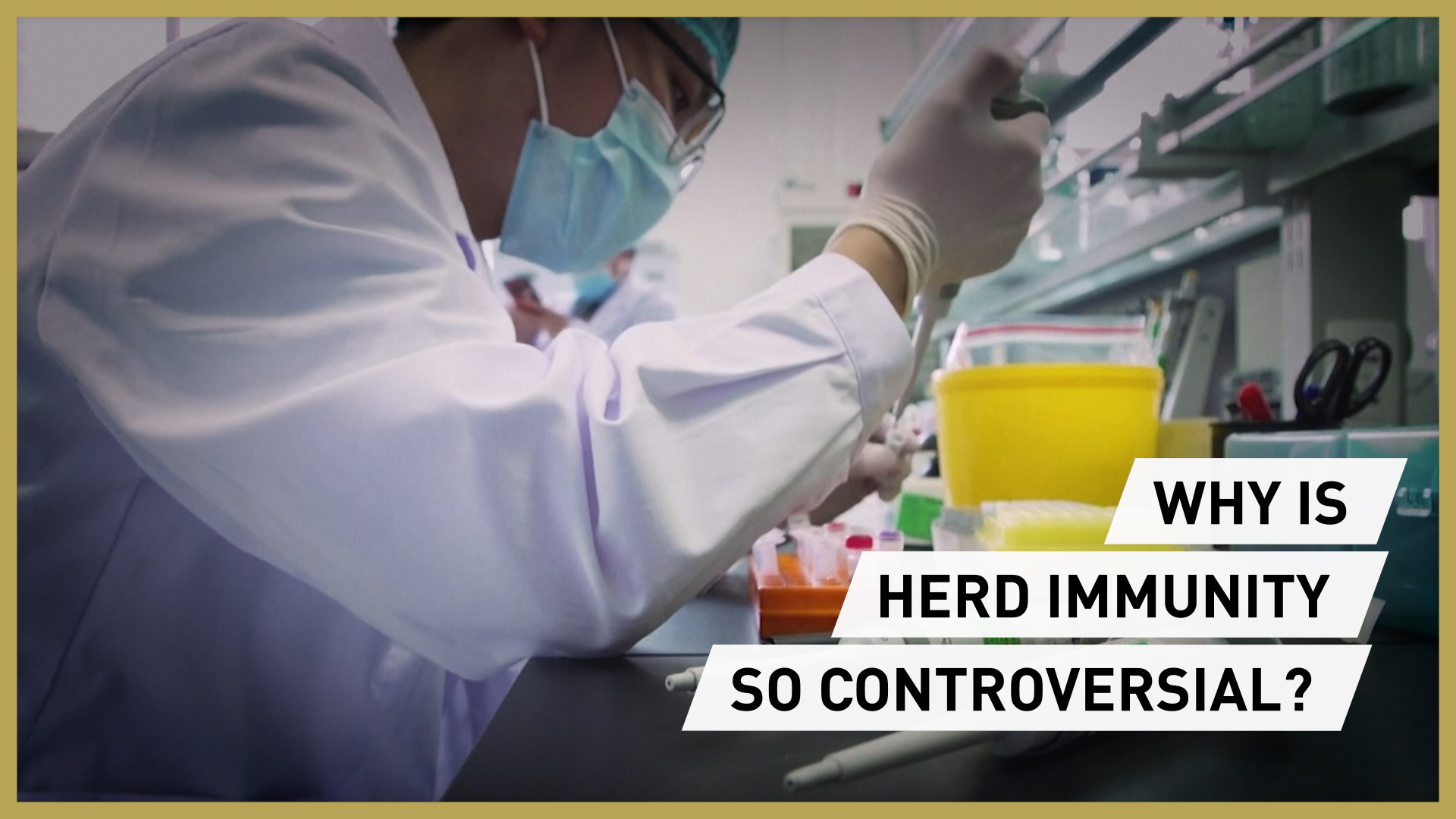05:52

It has been shrouded in controversy ever since the term "herd immunity" was mentioned in the same sentence as COVID-19. The World Health Organization has condemned the "dangerous" concept as more countries look to come out of lockdown.
So what is herd immunity?
If a person becomes sick with an infectious disease, the body's immune system kicks in to protect them. The body then builds an immunological memory of the infection which means if the person is exposed again, they have a better chance of fighting the infection.
This is how vaccines work; they shortcut the process so an individual doesn't have to get sick to gain immunity.
For example, if a large percentage of the population is vaccinated against measles, this will hopefully be enough to protect people who don't get an inoculation, such as babies who are too young to be immunised.
Dr Mike Ryan, executive director of the WHO's health emergencies programme, said "Humans are not herds, and, as such, the concept of herd immunity is generally reserved for calculating how many people will need to be vaccinated and the population in order to generate that effect."
Virologist Dr Rossman from the University of Kent agrees. As he explained to RAZOR's Emma Keeling, we shouldn't even be discussing herd immunity when we're not certain people can develop immunity to COVID-19.